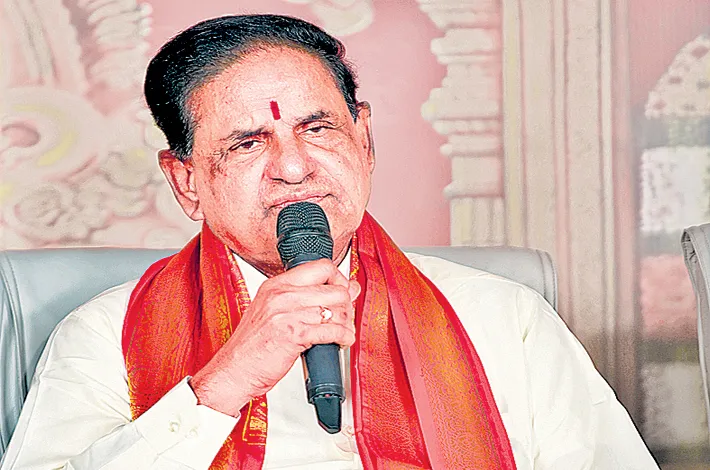New genetic test predicts childhood obesity risk before age 5
23-07-2025 12:00:00 AM

Research involved 600 scientists from over 500 institutions and used genetic data from more than five million individuals across the globe, including India
Metro India News | Hyderabad
A major international study has developed a new genetic test that can predict the risk of obesity in adulthood as early as childhood. Known as the polygenic risk score (PRS), this tool could help identify children who are more likely to develop obesity later in life, allowing for timely interventions such as lifestyle changes and dietary guidance.
The research involved 600 scientists from over 500 institutions and used genetic data from more than five million individuals across the globe, including India. The findings were recently published in the journal Nature Medicine. The PRS developed in this study is said to be twice as effective as previous methods in predicting obesity risk.
Researchers found that this score can identify children at higher genetic risk around the age of five—well before other risk factors appear. Early intervention at this stage, through targeted changes in nutrition and physical activity, could greatly reduce the likelihood of obesity and related conditions such as diabetes, cardiovascular disease, and poor bone health.
From India, scientists at the CSIR-Centre for Cellular and Molecular Biology (CSIR-CCMB), Hyderabad, led by Dr. Giriraj Ratan Chandak, contributed vital data by studying the genomes of Indian individuals followed for nearly two decades. The study found that obesity-related genes differ between Indians and Europeans, suggesting that lifestyle, diet, and environmental factors may play a larger role in South Asians.
While the PRS offers a promising step towards personalized health, scientists stress that genes are not destiny. For Indian populations, lifestyle-based interventions may hold the key to reducing obesity risk, even in those with higher genetic susceptibility.








